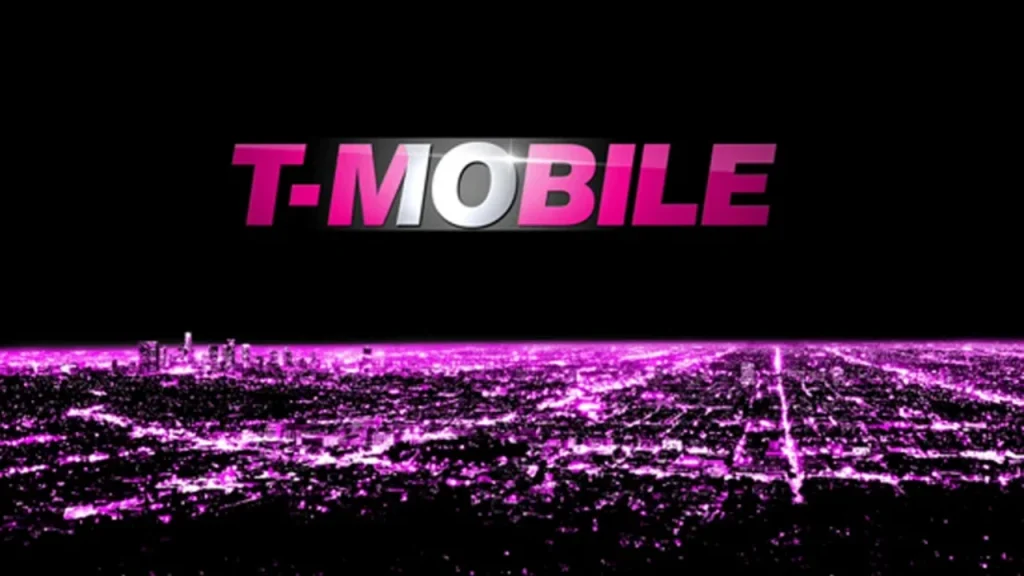- T-Mobile ends DEI efforts and staff groups amid push to secure FCC approval for spectrum and network acquisitions.
- The move comes as political pressure grows over federal contracts and diversity-related corporate policies.
What happened: T-Mobile ends DEI groups amid FCC deal push
T-Mobile has confirmed it is terminating its diversity, equity and inclusion (DEI) programmes and employee resource groups (ERGs), according to an internal document reviewed by CNBC. The decision coincides with the company’s efforts to gain Federal Communications Commission (FCC) approval for two major deals: a $1.3 billion acquisition of US Cellular’s wireless spectrum and a separate partnership with Lumos to expand its fibre-optic network.
In a statement, T-Mobile said it is shifting towards a “broader, more integrated approach to employee engagement.” The company confirmed that its internal employee groups, which had previously supported underrepresented communities, would be discontinued, though no direct layoffs are expected as a result. The news comes as T-Mobile seeks favour with Republican FCC commissioners, including Brendan Carr, who has previously criticised corporate DEI policies and their influence on government contracts.
Why this is important
T-Mobile’s decision to drop DEI programmes underlines how political pressure is increasingly shaping corporate governance. In the current U.S. regulatory climate, companies seeking federal contracts or FCC clearance are under scrutiny not just for operational compliance, but for their internal values and policies. Carr, a Trump-appointed commissioner, has been vocal in opposing what he calls “woke capital” and has called on the FCC to examine whether DEI efforts violate anti-discrimination laws.
The strategic timing suggests a deliberate effort by T-Mobile to avoid regulatory resistance as it seeks to grow its wireless and broadband infrastructure footprint. The move has sparked concern among civil rights groups and technology workforce advocates, who argue that abandoning DEI frameworks risks reversing progress on representation in a sector already struggling with diversity. Similar debates have recently unfolded at other firms, including Google and Apple, as noted by TechCrunch.
While T-Mobile claims this pivot reflects a new model of inclusion, the broader message may be one of capitulation to partisan influence—raising questions about how far companies will go to secure federal approval.

